TRENDING TAGS :
20 Hindi words that interested English speakers and authors
[nextpage title="Next" ]
Lucknow: In this era of social media, when many world leaders are emphasising on globalization, the whole world has come into proximity, and exchange of cultural values is a common sight. Similarly, the exchange and adoption of languages is no exception. We are talking about the 20 Hindi words that interested English speakers and authors.
In India, about 10% of its total population (125 million people) speaks English. Britishers gave us English and as the time progressed, various English authors incorporated many Hindi words in their language.
Also Read: Age is just a number: 10 Bollywood beauties who married younger men
20 Hindi words that interested English speakers and authors are given below:
1. Dacoit/Dakait
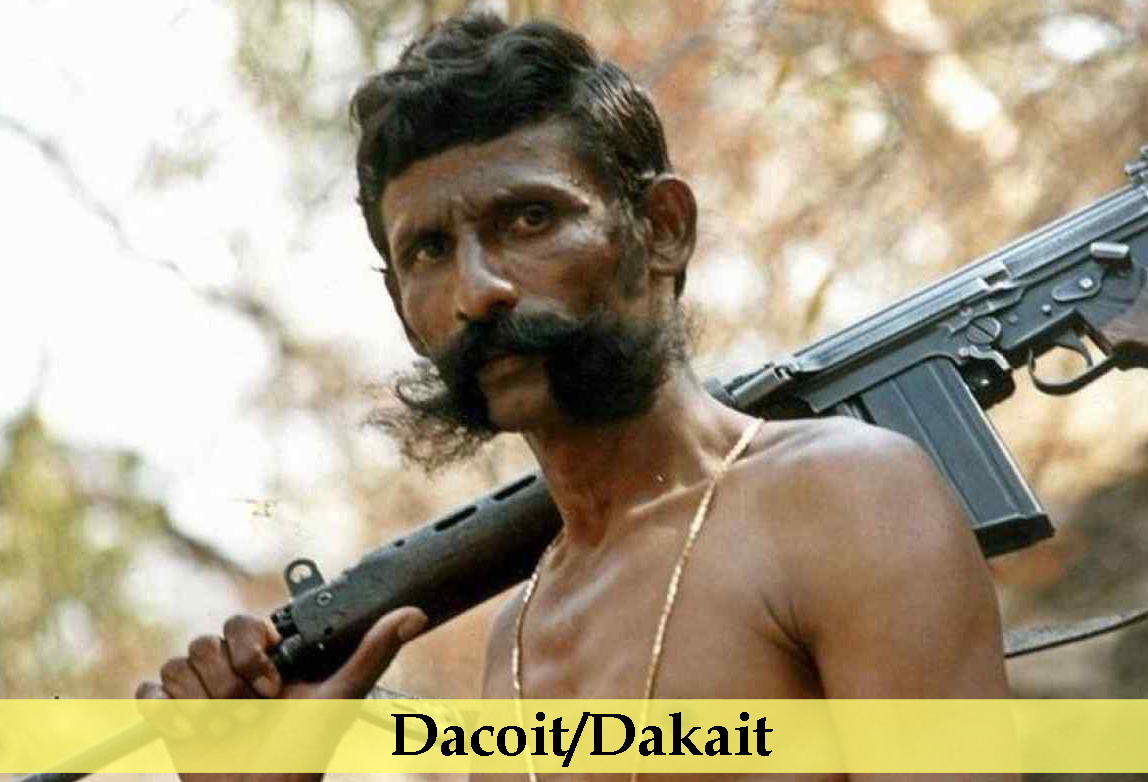
The term is popularly used for 'gangs of armed robbers' in Hindi, Bengali, Odia, Urdu and Kannada languages. The actual word is ḍakait, which is still in use in many parts of India, Myanmar and Burma.
In next slide: Veranda
[/nextpage]
[nextpage title="Next" ]
2. Veranda/Varanda/Baraamda

A veranda or verandah is a roofed, open-air gallery or porch, extended across the front. This word has been taken from Hindi language which probably is from 'Portuguese' varanda meaning long balcony.
In next slide: Thug
[/nextpage]
[nextpage title="Next" ]
3. Thug/Thag

Ruffians or swindlers commonly referred as 'Thag' in the Indian sub-continent, used to gain travellers' confidence and then rob them. The word was derived from Sanskrit word 'Sthagati which means ‘he covers or conceals’.
In next slide: Bandana
[/nextpage]
[nextpage title="Next" ]
4. Bandana/Bandhana

The Hindi word bandanna or bandhana means 'to tie'. The word is now popularly used for a piece of kerchief which is worn on head.
In next slide: Bangles
[/nextpage]
[nextpage title="Next" ]
5. Bangles/Bangli
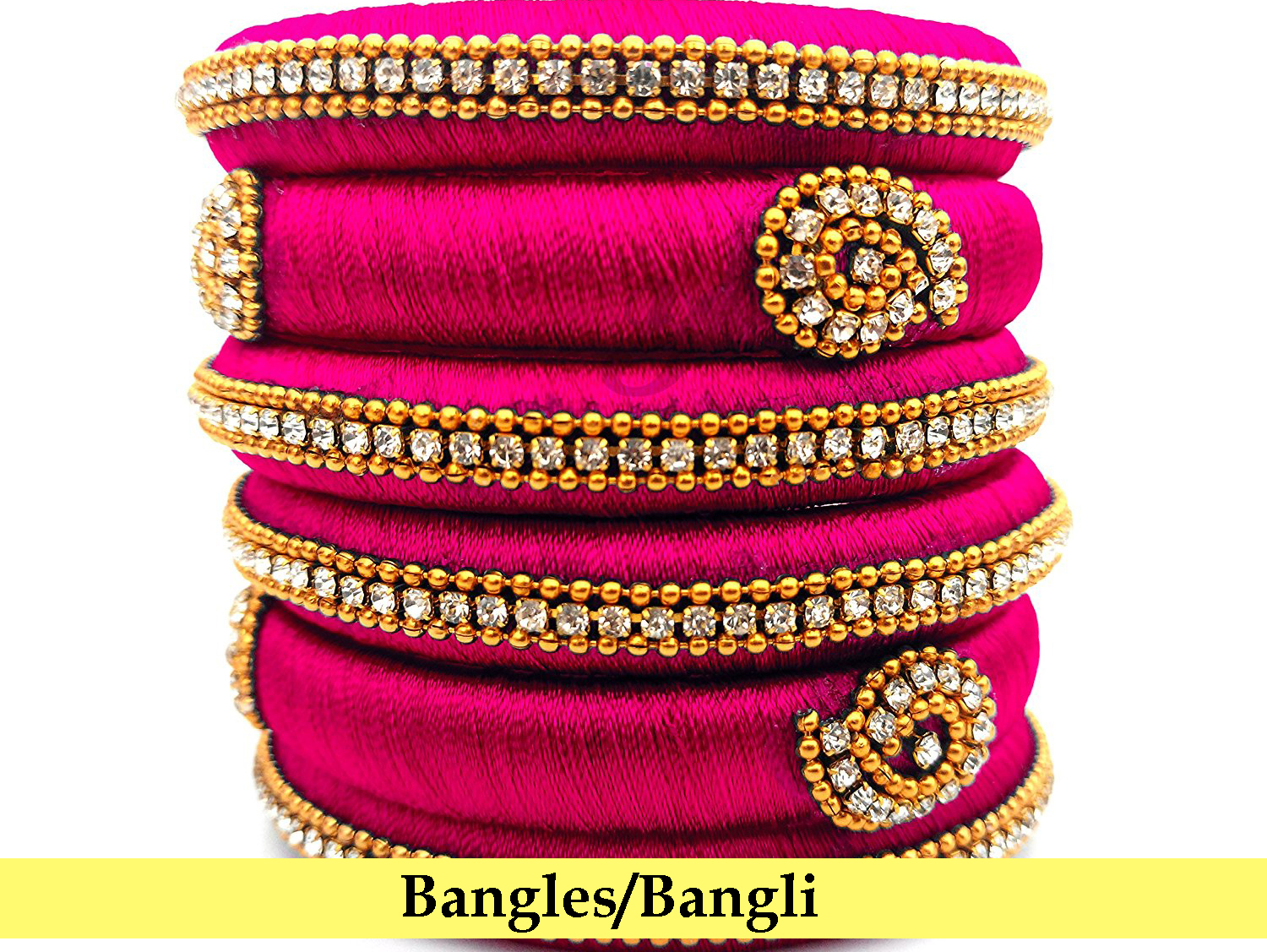
Bangles are a piece of ornament, worn around the arms or sometimes the ankles. The term has its roots to Hindi word ‘Baṅglī’ which means ‘glass bracelet’.
In next slide: Cot
[/nextpage]
[nextpage title="Next" ]
6. Cot/Khaat
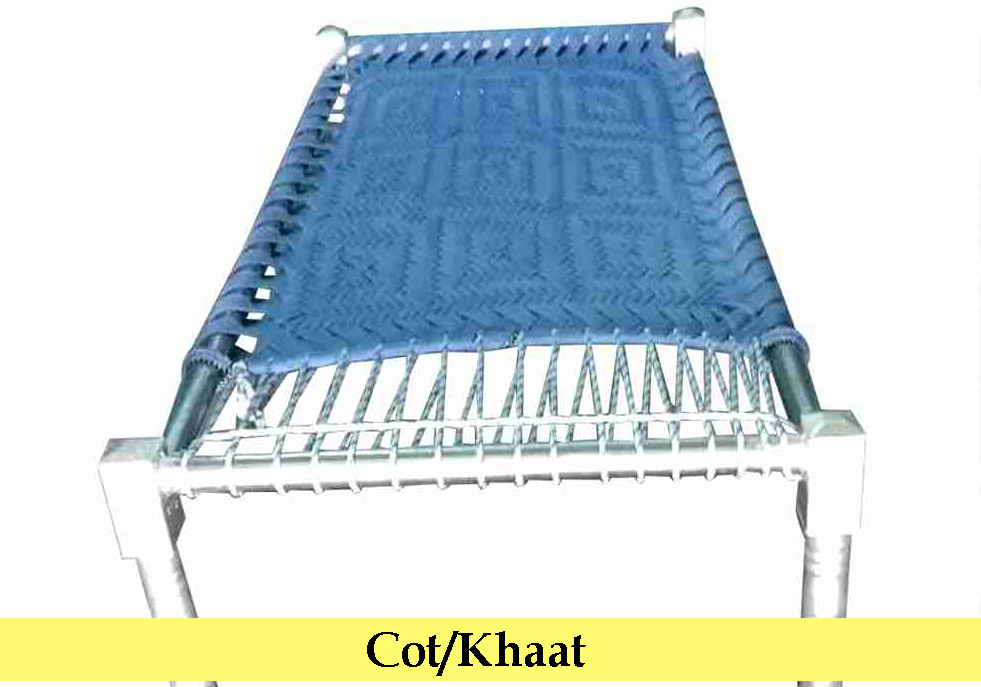
A khaat is typically a hammock, which is tied to a wooden frame. The English word for khaat is cot, which is mainly used for bed for young child with high barred sides.
In next slide: Chutney
[/nextpage]
[nextpage title="Next" ]
7. Chutney/Chatni
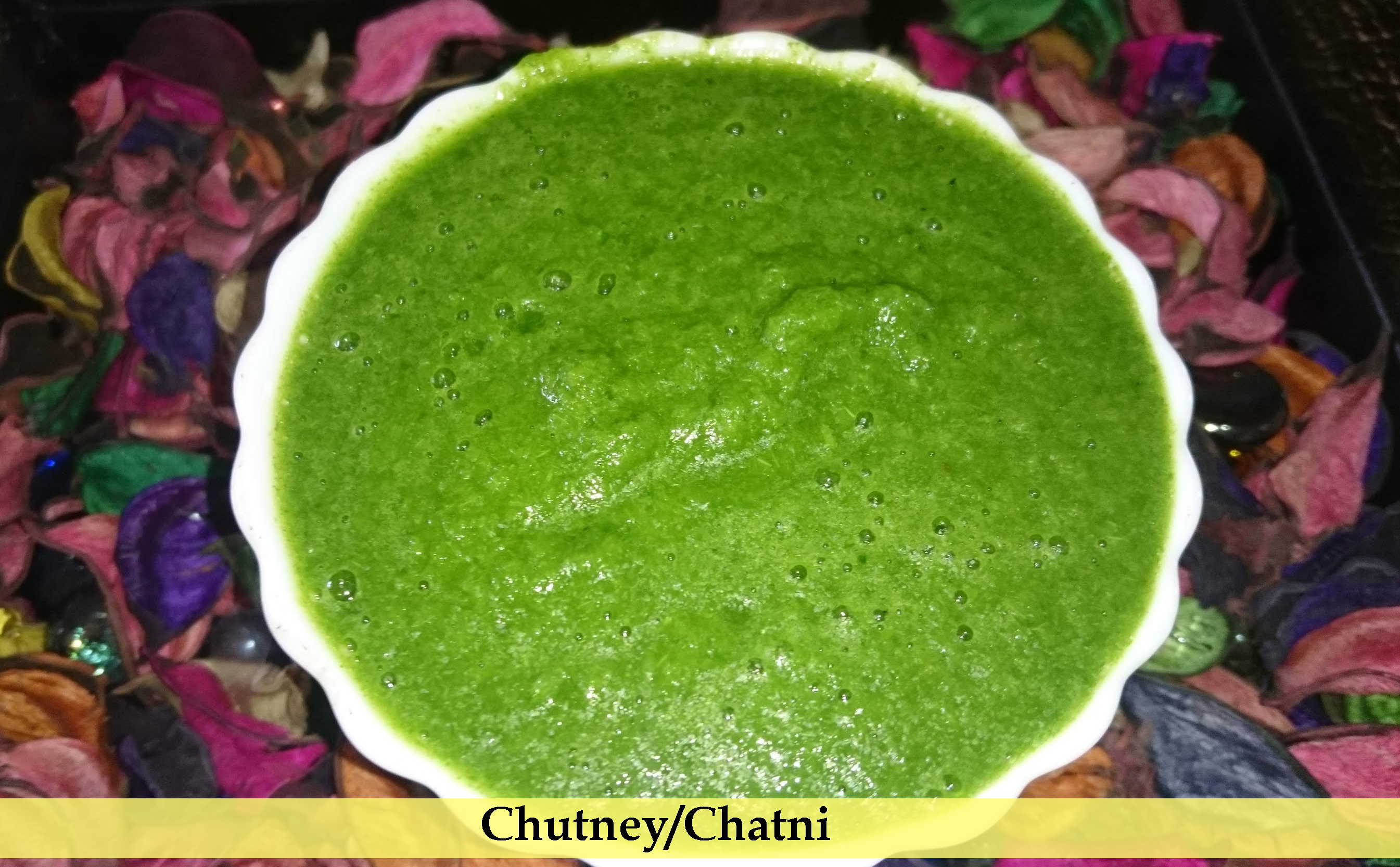
Very popular in Indian households as its favourite condiment, Chutney got its way in other parts of the world. English speakers adopted this word as it is.
In next slide: Bungalow
[/nextpage]
[nextpage title="Next" ]
8. Bungalow/Bangla

The word is used for a large house typically with one storey and dormer windows. The word 'Baṅglā' ‘belongs to Bengal’ and it was used for cottages built for early European settlers in Bengal.
In next slide: Loot
[/nextpage]
[nextpage title="Next" ]
9. Loot/Loot
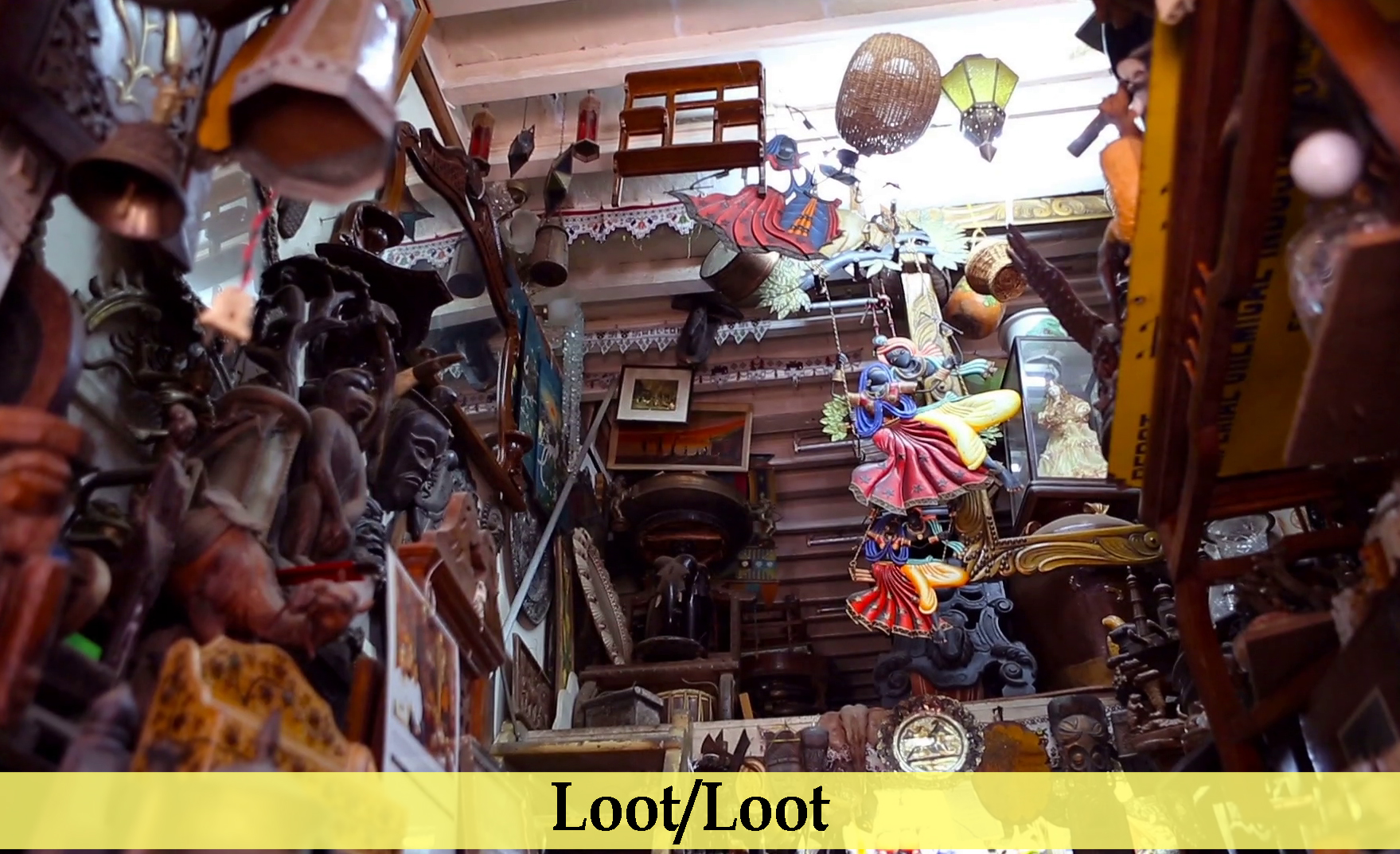
It has its origin from Sanskrit word from ‘Luṇṭh’ meaning – 'to rob', and entered in Hindi vocabulary as ‘Lū’ṭ,. It then got famous with English speakers, which means to steal private property during war or riots.
In next slide: Shampoo
[/nextpage]
[nextpage title="Next" ]
10. Shampoo/Champo

We all know the use of this product is to wash our hair. This word has a very interesting etymology as 'Chapayati' in Sanskrit means ‘to press, knead, soothe’ which made its way in Hindi language as 'Chāṃpo' meaning ‘to press’. The word shampoo entered the English language from India during the colonial era.
Also Read: 10 haunted places in Lucknow which you should definitely not visit
In next slide: Dungaree
[/nextpage]
[nextpage title="Next" ]
11. Dungaree/Dungri

It got its name from a place in India where it used to be manufactured. The Hindi ‘Dūṅgrī’ is a kind of garment made from coarse calico. The word got added in Oxford dictionary describing it as ‘a garment consisting of trousers with a bib held up by straps over the shoulders, made of calico, denim, or a similar material and worn as casual or working clothes'.
In next slide: Guru
[/nextpage]
[nextpage title="Next" ]
12. Guru/Guru
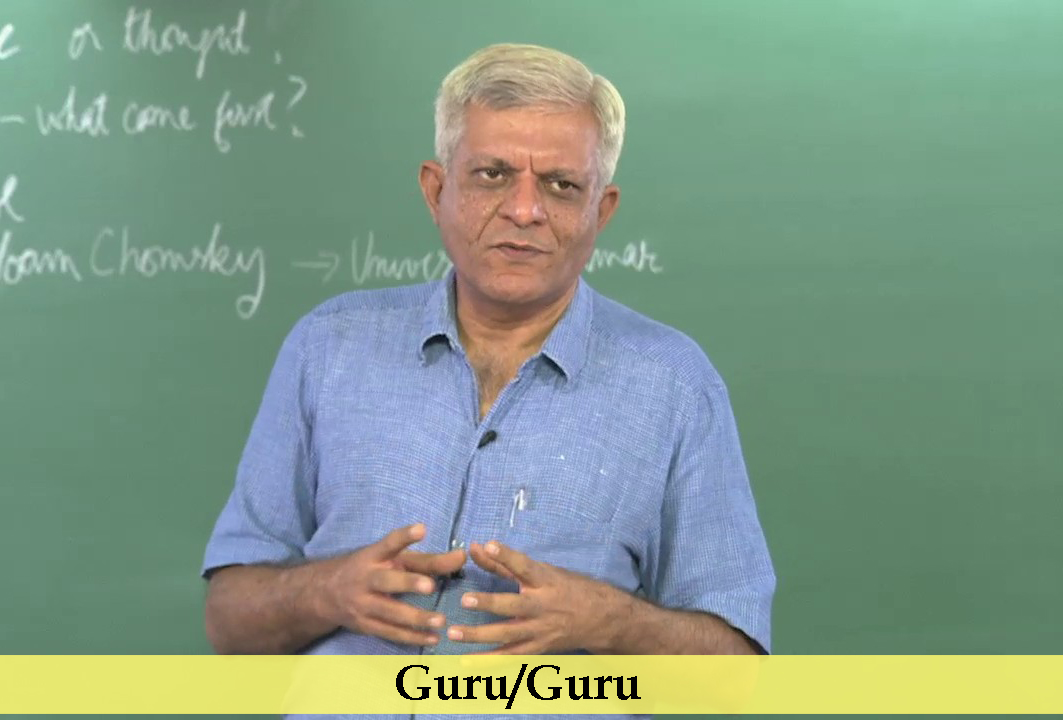
Hindu spiritual teacher or a Guru has its root from Sanskrit word ‘Gri’ meaning ‘to invoke, or to praise’. It also have a connection with Latin word ‘Gravis’ 'heavy; grave, weighty, serious’, hence, an elder or teacher’.
In next slide: Bazaar
[/nextpage]
[nextpage title="Next" ]
13. Bazaar/Bazaar
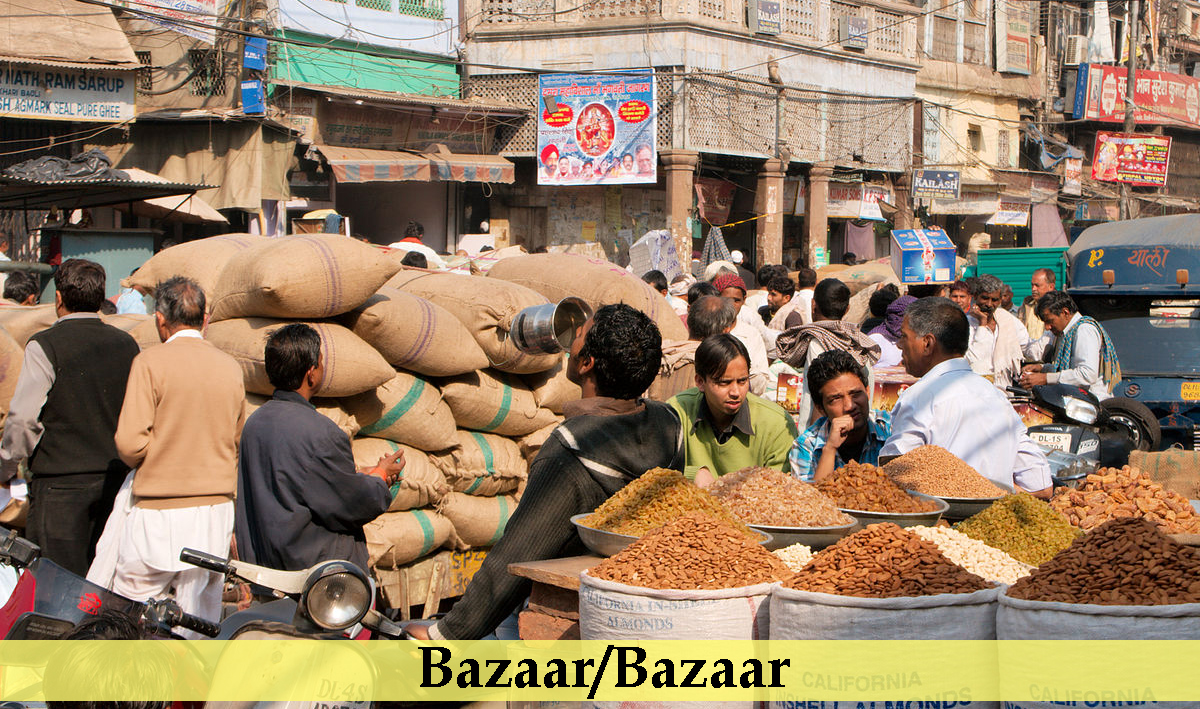
The word came into Indian land when the Persian speakers settled here. The word has its roots with Persian word ‘Bāzār’ and got its way in Hindi, Urdu, Turkey and in many parts of Middle East. Later the word got popular with English speakers.
In next slide: Pyjamas
[/nextpage]
[nextpage title="Next" ]
14. Pyjamas/Pajama
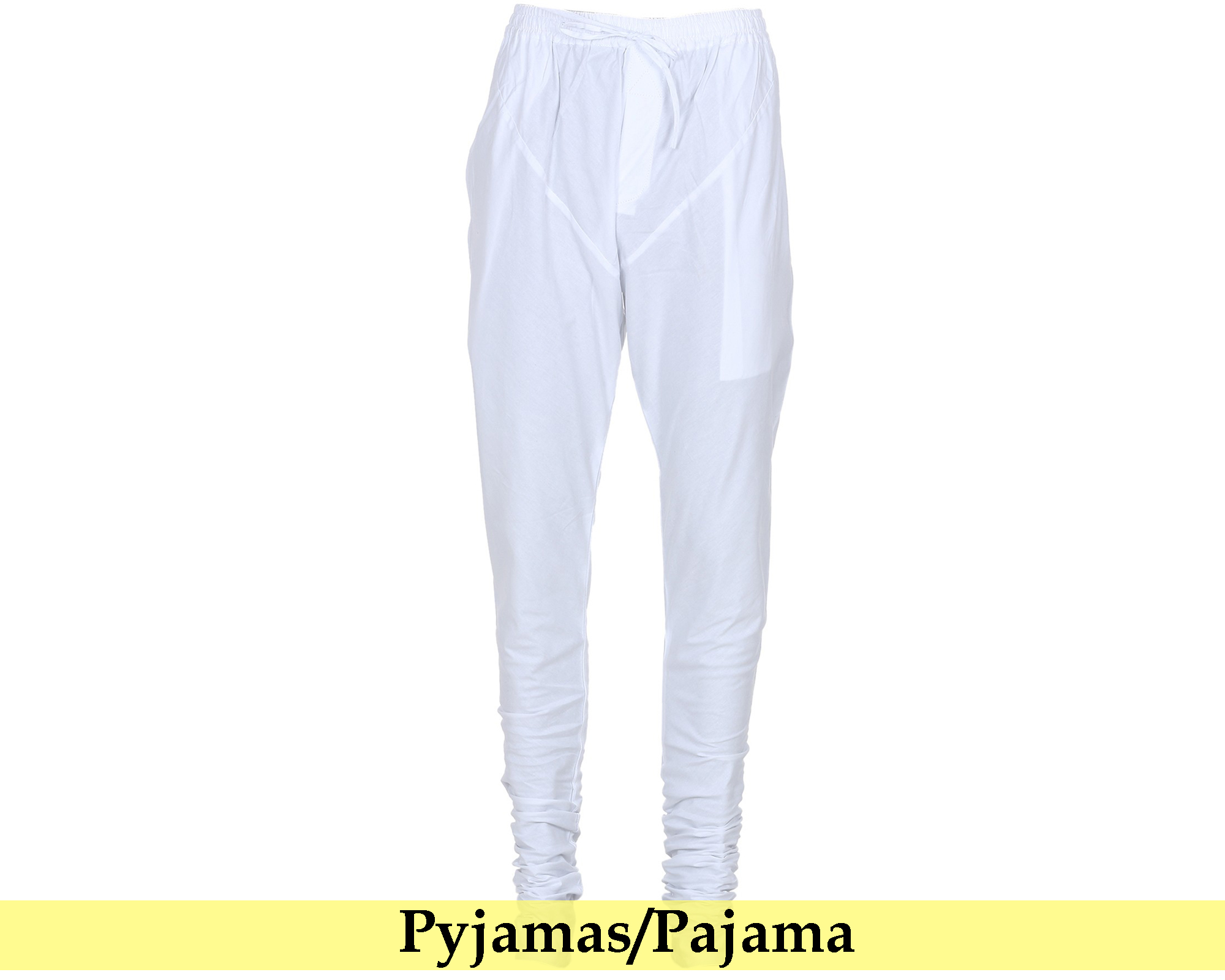
The word is originally from Urdu and Persian languages which means pāy ‘leg’ + jāma ‘clothing’. Pyjama was then incorporated in Hindi language and later in 1800 was included in English. It is a type of clothing which are basically loose trousers tied at the waist.
In next slide: Hullabaloo
[/nextpage]
[nextpage title="Next" ]
15. Hullabaloo

The word has two root words 'Hulla' which is either derived from 'Hamla' meaning 'attack' or from 'Halhala' meaning 'ululation' both words from Persian and Urdu. 'Bol' is a Hindi verb meaning 'bolna' i.e. 'to utter or say'. The word Hullabaloo means, fuss, ruckus, furor or an outcry over something.
In next slide: Nirvana
[/nextpage]
[nextpage title="Next" ]
16. Nirvana/Nirvana

This is the other term for the self-revelation or moksha. This Sanskrit word ‘Nirvāṇa, has two root words ‘Nis’- ‘out’ + vāna- ‘blown’, giving meaning blown out in the universe or set free.
In next slide: Polo
[/nextpage]
[nextpage title="Next" ]
17. Polo

The modern game of polo originated in Manipur, India. The wooden ball played in this game used to be called ‘Pulu”. Later the game got popular with western world and it got its name as Polo.
In next slide: Pukka
[/nextpage]
[nextpage title="Next" ]
18. Pukka

The word Pukka is from Hindi word ‘Pakkā’, which means 'ripe, mature, and cooked'. In English it means ‘Paved’.
In next slide: Pundit
[/nextpage]
[nextpage title="Next" ]
19. Pundit
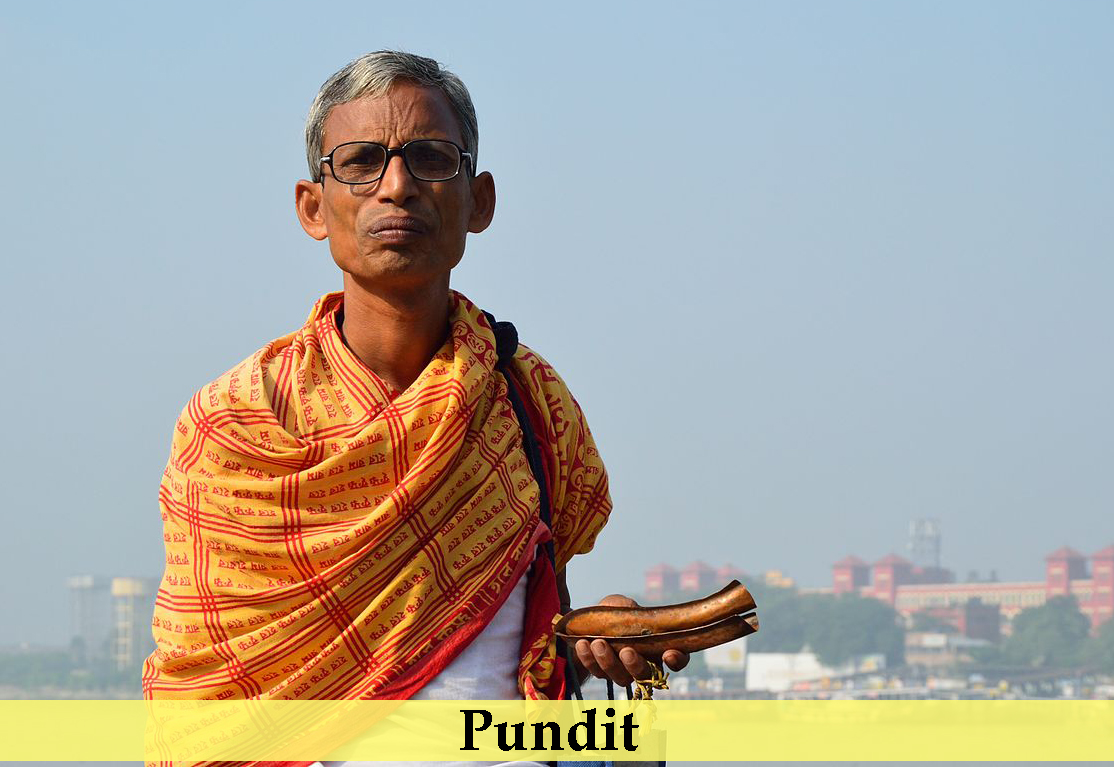
The title comes from Hindi word pandit, a term of respect for a wise man. This word came in Hindi from the Sanskrit 'Pandita', meaning 'learned'. English speakers began using pundit to refer Hindu sages.
In next slide: Chappal
[/nextpage]
[nextpage title="Next" ]
20. Chappal
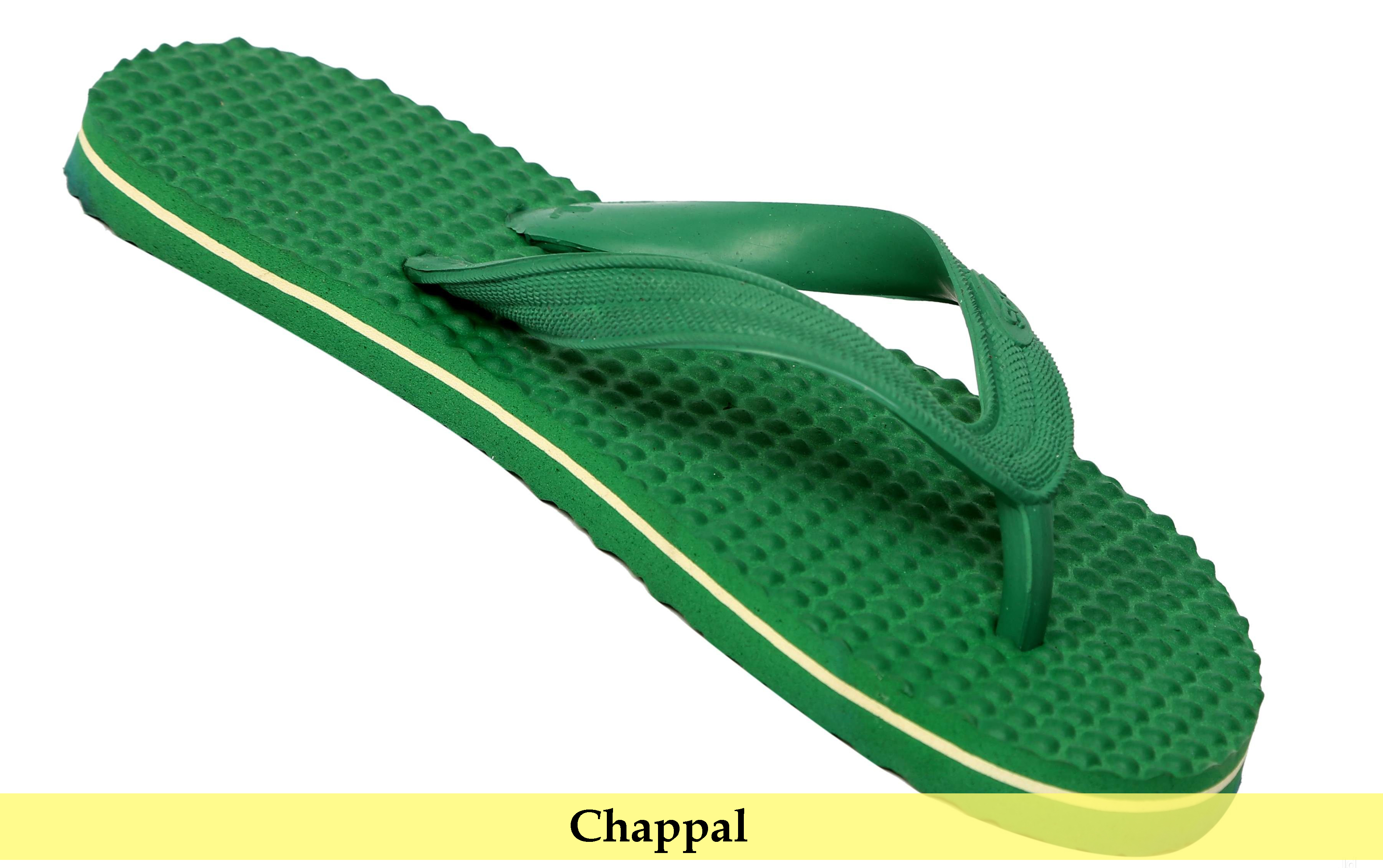
It is a type of footwear mostly popular in India, Mauritius and Pakistan. It is similar to Sandals. The chappal is also derived from Hindi word ‘Cappal’.
[/nextpage]



